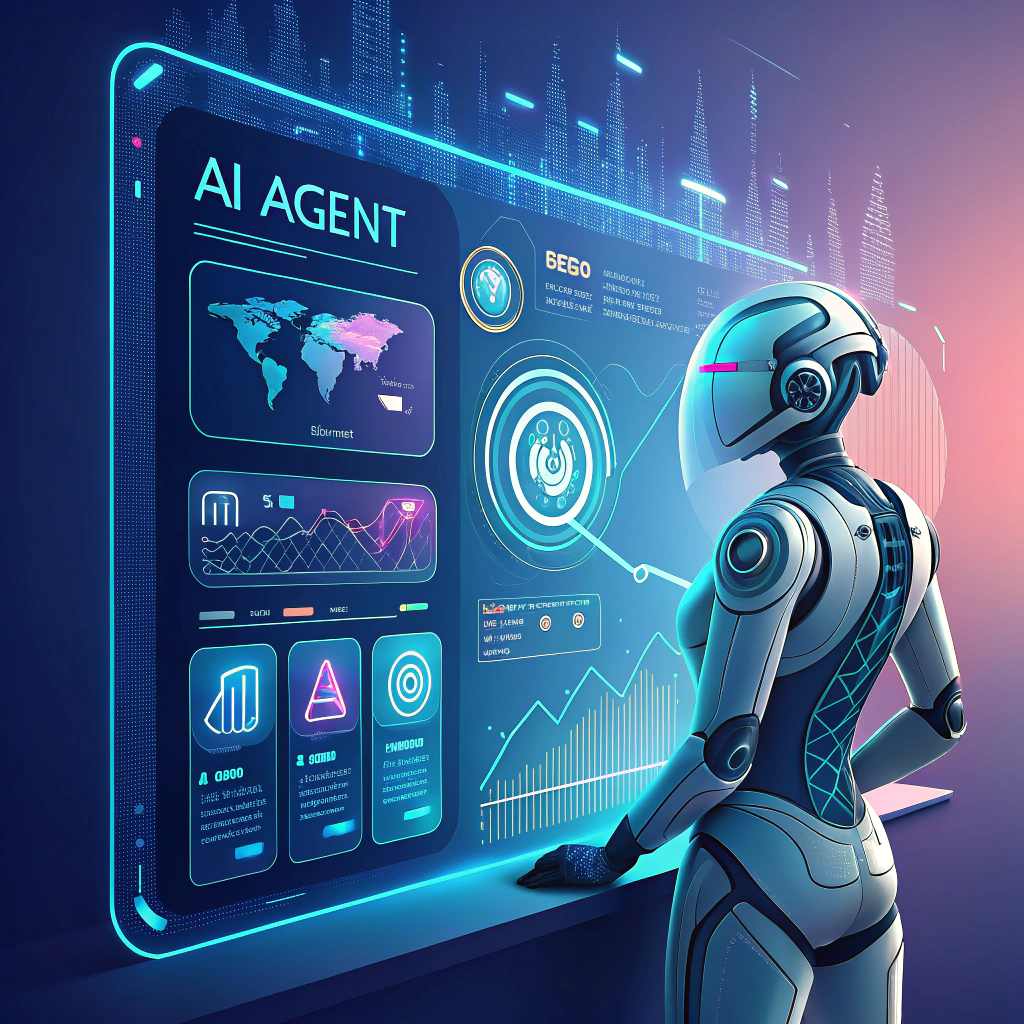AI Agents: Revolutionizing the Future of Intelligent Automation

The Rise of AI Agents: Transforming the Digital Landscape
In the rapidly evolving digital landscape, AI agents have emerged as a transformative force, reshaping how businesses interact with technology and consumers. These intelligent entities, powered by advanced algorithms and machine learning, are increasingly becoming integral to various industries, offering unprecedented opportunities for growth, efficiency, and customer satisfaction. In this article, we delve deep into the realm of AI agents, exploring their capabilities, applications, and the impact they have on the digital ecosystem. The focus keyword of this article is 'agent', underlining the importance of individual agent functionalities in driving innovation.
Understanding AI Agents
AI agents are computer programs designed to perform tasks autonomously, mimicking human-like decision-making processes. Unlike traditional software, AI agents learn from data, adapt to new inputs, and enhance their performance over time. Their ability to process and analyze vast amounts of information in real time makes them vital in modern business applications.
Key Capabilities of AI Agents
- Autonomy: AI agents operate independently, handling repetitive tasks without continuous human intervention, thereby increasing operational efficiency.
- Learning and Adaptation: Through machine learning, agents improve their accuracy by learning from past experiences and adapting to new data.
- Natural Language Processing (NLP): Advanced NLP capabilities allow these agents to understand and respond to human language, facilitating more natural interactions.
- Predictive Analytics: By analyzing patterns from historical data, AI agents can forecast trends, enabling proactive decision-making.
Applications Across Industries
AI agents are transforming several sectors:
- Customer Service: Chatbots and virtual assistants powered by AI agents provide 24/7 support, enhancing customer satisfaction through quick and effective responses.
- Healthcare: They assist in diagnostics, treatment recommendations, and managing patient records to improve medical outcomes.
- Finance: In finance, AI agents monitor transactions, detect fraud, and manage risks, ensuring secure and efficient operations.
- E-commerce: By analyzing consumer data, these agents craft personalized shopping experiences, manage inventory, and optimize logistics.
- Manufacturing: AI agents streamline production lines, predict maintenance, and enhance the efficiency of supply chain operations.
Benefits and Impact
The integration of AI agents results in:
- Enhanced Efficiency: Automation of routine tasks frees up human resources for strategic endeavors.
- Improved Decision-Making: Data-driven insights facilitate quicker and more accurate business decisions.
- Cost Reduction: Streamlined processes and optimized workflows contribute to significant cost savings over time.
- Scalability: AI agents effortlessly adapt to increasing workloads, ensuring consistent performance even under pressure.
- Superior Customer Experience: Intelligent, personalized interactions elevate the overall customer journey.
Challenges and Future Prospects
While the benefits of AI agents are substantial, challenges such as data privacy, potential algorithmic biases, and ethical considerations persist. Addressing these issues is essential to harness the full potential of AI agent technology. Looking ahead, advancements in natural language processing, predictive analytics, and integration with emerging technologies like IoT and blockchain will likely drive further innovations in AI agent capabilities.
Conclusion
AI agents are pivotal in transforming the digital landscape. By driving operational efficiency and enhancing decision-making and customer interaction, they play a crucial role in modern business innovation. Embracing the era of the agent unlocks endless possibilities and paves the way towards a future where technology and human expertise converge seamlessly.



